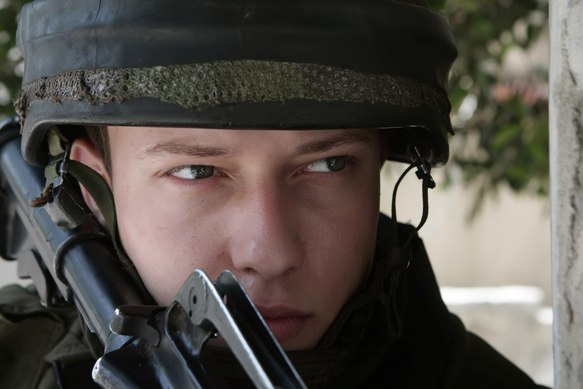
Gaza, 1989. Tomer, 18 and a half, wide eyed and innocent, is on his first tour of duty. It’s particularly telling, even at the start, the inchoateness of his transition from carefree to combatant. One moment the boys are ribbing each other about girlfriends and the like, the next they’ve lined up in single file to receive magazines for their rifles. A red band around the cartridge denotes plastic bullets, a blue live ammunition. It’s good to know the distinction, but it might even better to know how to determine when to use the one or the other.
In any case, dry abstractions concerning the whys and wherefores of enemy engagement soon become irrelevant. Patrolling the casbah, the unit is sucked into a stone-throwing ambush which has tragic consequences. Tomer and his unit take up residence on a residential rooftop – against the wishes of the inhabitants, but this goes without saying – to establish a security presence and guard against further attacks from above. But their isolated vigil forces them into closer contact both with the enemy and with themselves. And sometimes this quality of close introspection throws up more questions than answers…
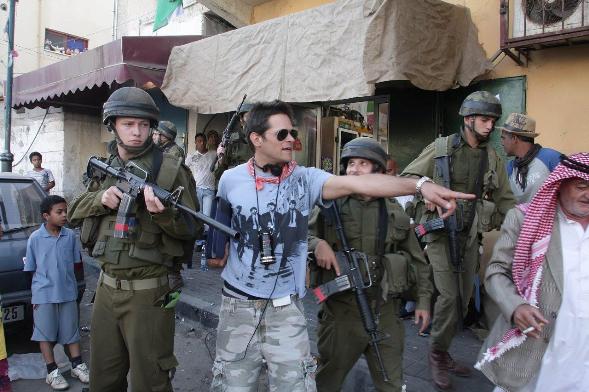
Rock the Casbah, director Yariv Horowitz’s first full length feature possesses deceptive depth. On the surface, there isn’t very much to consider. Boy goes to Gaza. Boy comes to understand that life in Gaza can only be parsed in black and white. The end. On one level, Rock the Casbah is a reductive construct; it doesn’t seek to explain or rationalise, but rather presents the reality of occupation as it is. The soldiers have little inclination to confer upon their unwilling hosts the dignity that human contact demands. On the other hand, it’s not as though said hosts come to equity with entirely clean hands, to subvert an old legal maxim: the difference lies primarily in the distribution of power, no more and no less.
Tomer, played with an at times refreshing, at times disconcerting lack of guile by Yon Turmarkin, gives the film personal perspective. At the beginning, he shows signs of an awkward conscience. Offering money as apology for marching over a newly washed floor is not quite the hallmark of a social egalitarian, but it does suggests some evidence of self awareness. And there is a unexpected charm in his war-inflected interactions with the small son of the host household. But this Gaza. There isn’t enough time in the world for these unfortunate flaws of character.
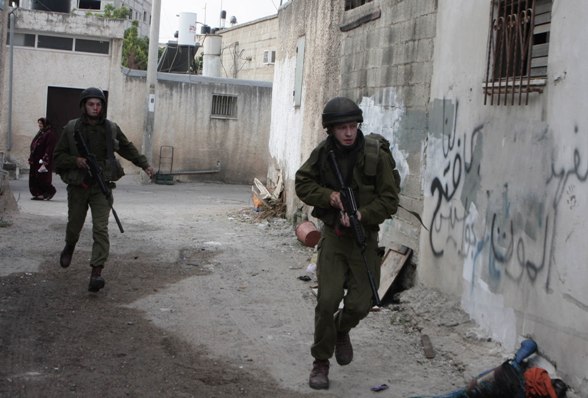
There is enough time, however, to engage with the futility that defines Rock the Casbah. The proximate cause for their presence on the roof is clear – all they need to do is look down at the drying patch of blood in the sand to remember the dangers lurking on the unpoliced rooftops. They listen to music, adopt a dog – not quite the best way to win friends and influence their new neighbours, it must be said. They have all the time but none of the tools to reflect on the absurdity of the situation. It is the worst of al possible worlds, and it is no surprise that emotionally, they all start to take a turn for the worst, even amidst the inactivity.
The thing that really sticks about Rock the Casbah is the perspective that time permits, or at least ought to permit. 1989 is a very long time ago; current military conscripts would not have even been a twinkle in their parents’ eyes 24 years ago. A lot has happened, but very little has changed in the intervening period: Oslo, the Second Intifada, the evacuation of Gaza, the tendentious normalisation of the occupation – or, at least, of the necessity of the occupation – in everyday life. But one imagines – one knows – that many things have not changed. Yizhak Shamir once said “The Arabs are still the same Arabs, the sea is still the same sea.” One imagines that the Arabs say much the same about the Jews. And nothing changes. The futility remains the same.
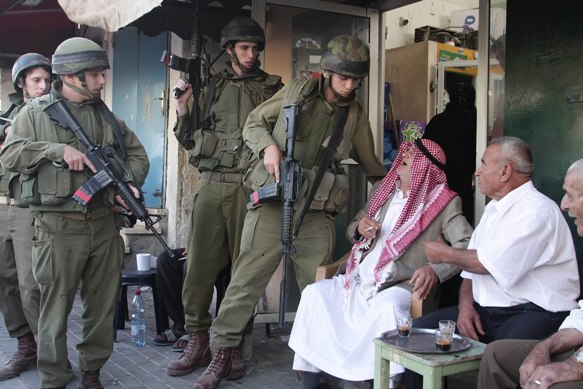
Because this is an Israeli film, one with political and social themes no matter how obliquely expressed, there is more than enough time for the occasional lapse into cliche. Tomer’s commandant presents as a tailor-made attempt to create an at least notional baddie. But there are some sharply observed, revealing moments too. At one point, whilst under attack, the Israelis park their jeep to attach – whilst under fire – a fluttering Israeli flag to the side. It’s a perplexing, paradoxical yet deeply meaningful statement. We rule things, and we will not let you forget it.
It may grate – as it did with this viewer’s companion for the evening, a self described smolanit kitzonit (extreme leftist) – that Rock the Casbah elides deeper consideration of the causes and consequences of the occupation. And it is true that its ending could be less, shall we say, gung ho about cause and consequence. It suggests an inevitability about Tomer’s loss of innocence that I’m not certain I can subscribe to. Even so, I disagree with the notion that the film had the opportunity to say much more, but chose not to. Rock the Casbah‘s USP lies in its largely scrupulous ambivalence. It’s not going to serve guilt on a platter for the watcher to gorge on, I’m afraid: it’s up to you, dear viewer, to make up your mind about the price of power. But fear not, don’t hurry. There’s little likelihood of anything changing anytime soon.
Rock the Casbah received the CICAE Art Cinema Award in the Panorama section at the Berlinale on February 16, 2013, and is currently showing in Israeli theatres.
Rock the Casbah
Director: Yariv Horowitz; Screenplay: Guy Meirson, Yariv Horowitz; Producers: Michael Sharfshtein, Moshe Edery, Leon Edery; Co-Producers: Adam Leibovitz, Paul Saadoun, Cyrille Perez, Gilles Perez; Cinematographer: Amnon Zalait; Editor: Isaac Sehayek; Music: Assaf Amdursky; Cast: Yon Tumarkin, Roy Nik, Henry David, Lavi Zytner, Yotam Ishay, Iftach Rave, Angel Bonanni.

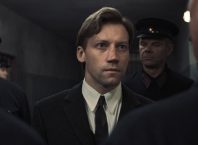
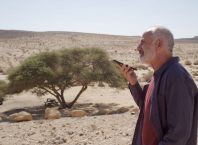

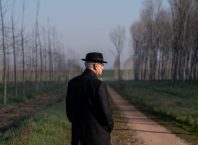
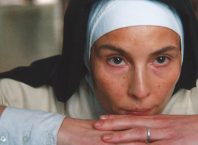
Comments are closed.